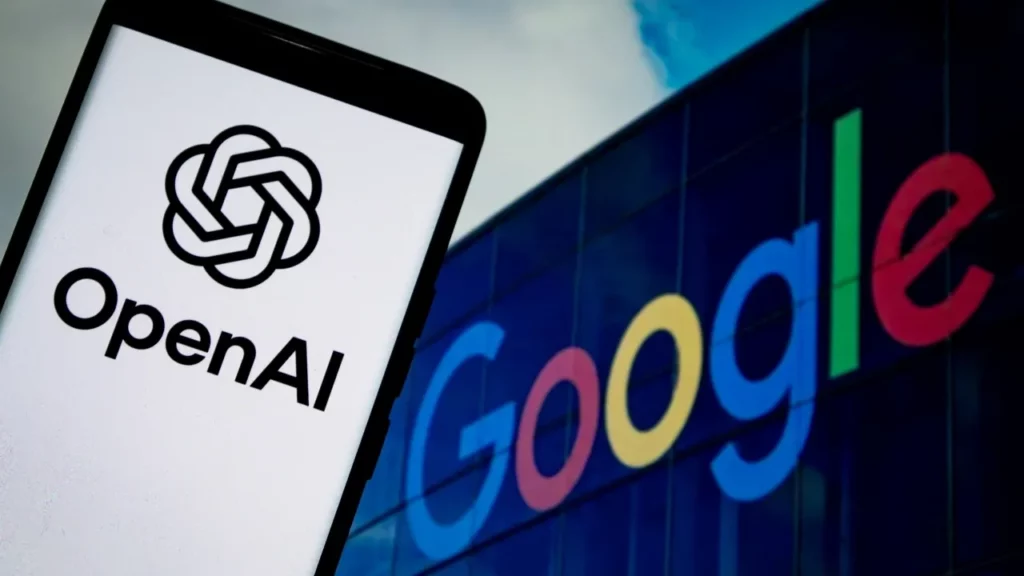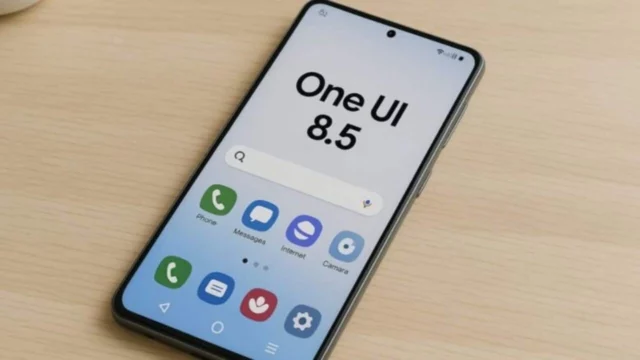Google indexing ChatGPT conversations is raising sharp concerns. Users now fear that their AI chats, often personal or experimental, might surface in public search results. The shift is putting pressure on both Google and OpenAI to clarify how private prompts are handled.
Google indexing ChatGPT conversations alarms users

People started noticing ChatGPT conversations appearing directly in Google search. Some snippets include both prompts and AI responses. In certain cases, details that feel private are now a click away for strangers. For many, this breaks the expectation that chats with an AI remain personal.
Why indexing ChatGPT conversations fuels debate
AI chats differ from blog posts or forum threads. Users don’t craft them for an audience, yet once Google indexing ChatGPT conversations takes hold, the reach grows beyond what anyone intended. Critics argue this blurs the line of ownership: who controls the prompt and its output? At the same time, defenders see it as the inevitable result of leaving chats public on the web.
Trust at risk for AI adoption
Trust is central to how people use AI. Many share early ideas, raw drafts, or sensitive thoughts with chatbots. If Google indexing ChatGPT conversations becomes routine, users may hesitate to type freely. Instead, they’ll hold back, fearing that private words could echo across search results. That shift could change how people rely on AI day to day.
The thin wall between private and public
This isn’t just a technical issue, it’s cultural. Users thought of ChatGPT as a safe space, closer to a notepad than a social feed. Now, with Google indexing ChatGPT conversations, that wall feels thinner than ever. And once trust breaks, it’s difficult to repair. The question is whether companies will draw a brighter line between what stays private and what goes public.














